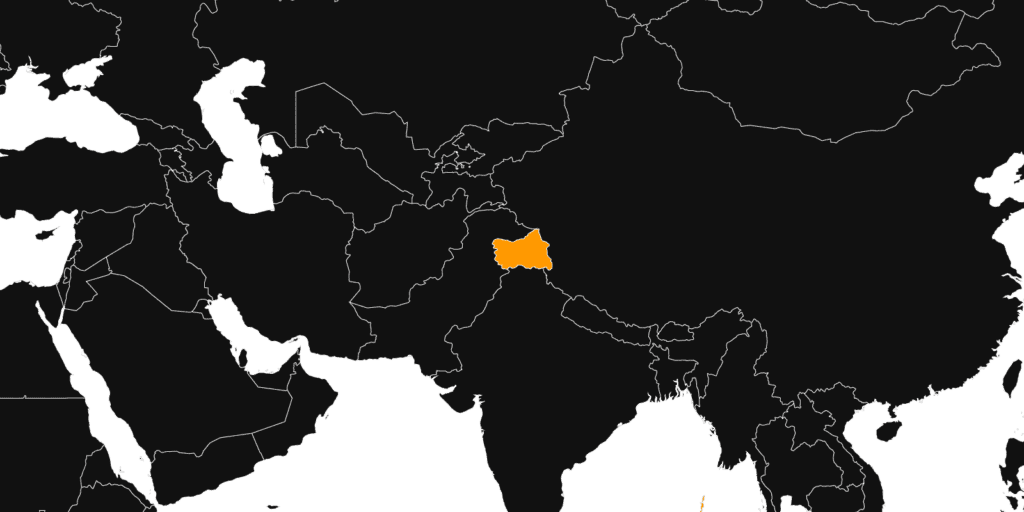

India: Gunmen target minorities in Jammu and Kashmir
In separate incidents in Kashmir in October 2021, unidentified gunmen shot and killed seven people, four of them from the Hindu and Sikh minority communities.

India: Jammu and Kashmir police raid journalists’ homes
The homes of four journalists in Srinagar were raided by the police on 8 September. They were held for a day and questioned about their links to a website that allegedly publishes content that threatens journalists and activists.
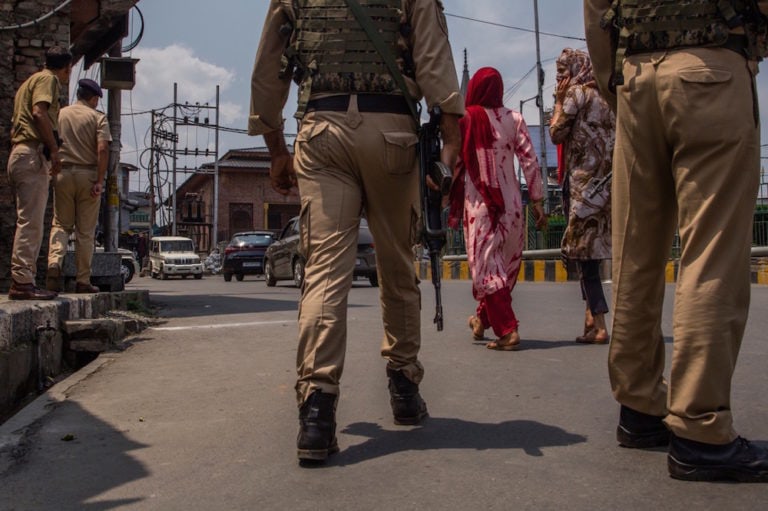
Kashmir police raid homes of journalist Qazi Shibli and his family members
The Committee to Protect Journalists urged authorities in Indian-administered Jammu and Kashmir to stop harassing journalist Qazi Shibli whose house was raided on 5 August. Shibli is the editor of news website “The Kashmiriyat”.
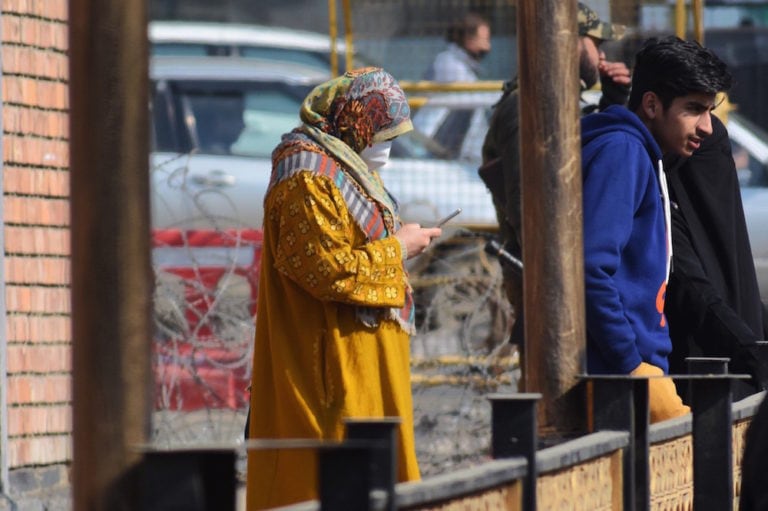
Jammu and Kashmir authorities urged not to impose internet shutdowns during pandemic
SFLC.in wrote a letter to the Jammu and Kashmir administration urging them to not impose an internet shutdown while India is in the middle of a deadly second wave of the COVID-19 pandemic, since citizens need up to date and reliable health information.

Journalists in India face attacks, legal action, and threats
Dozens of local journalists were included in lists allegedly identifying them as “anti-Hindu” or as “Indian agents”. Because of this, several reporters in the list faced police investigations and attacks while performing their duties.

India conducts counterterrorism raids targeting peaceful critics
Indian authorities carried out several raids on the offices of nongovernmental organizations, the homes of several activists, and a newspaper office in Jammu and Kashmir, Delhi, and Bangalore. Human Rights Watch said the raids are part of a crackdown by the ruling Bharatiya Janata Party on civil society groups.
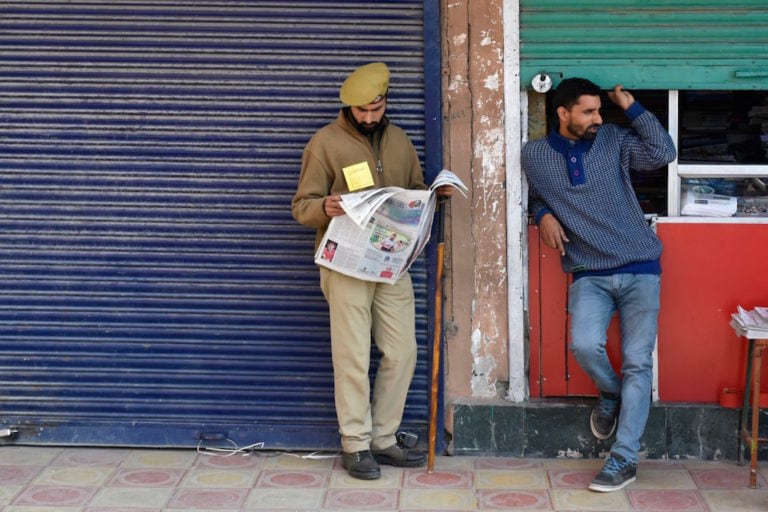
India: Officials seal office of “Kashmir Times” in Srinagar
The eviction of journalists and the sealing of the entrance of one of the oldest English-language publications in the Kashmir Valley, the “Kashmir Times”, is seen as government reprisal against the paper’s editor who has spoken out in defense of press freedom.

Kashmir cyber-police threaten, slap reporter who questioned their methods
Kashmiri journalist Auqib Javeed said he was “questioned for five hours at the police station and slapped, threatened and humiliated” in the capital Srinagar. This happened after he wrote a story for Article 14 about the methods used by the cyber-police to question social media users.
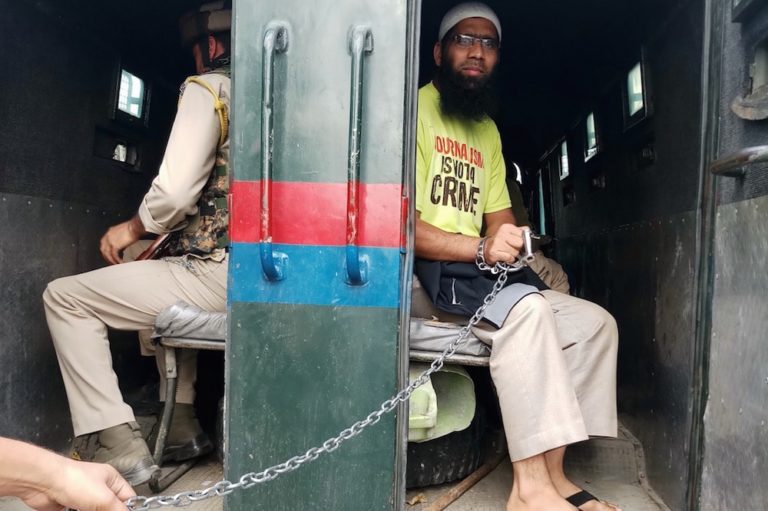
Nearly 400 journalists and civil society members call for release of imprisoned Kashmiri journalist Aasif Sultan
In a letter addressed to India’s Prime Minister Narendra Modi, the Committee to Protect Journalists joined 397 writers, academics, and civil society members in calling for the release of Kashmiri journalist Aasif Sultan, who has been imprisoned for two years. He was charged under the Unlawful Activities Prevention Act for his alleged complicity in “harboring known terrorists.”
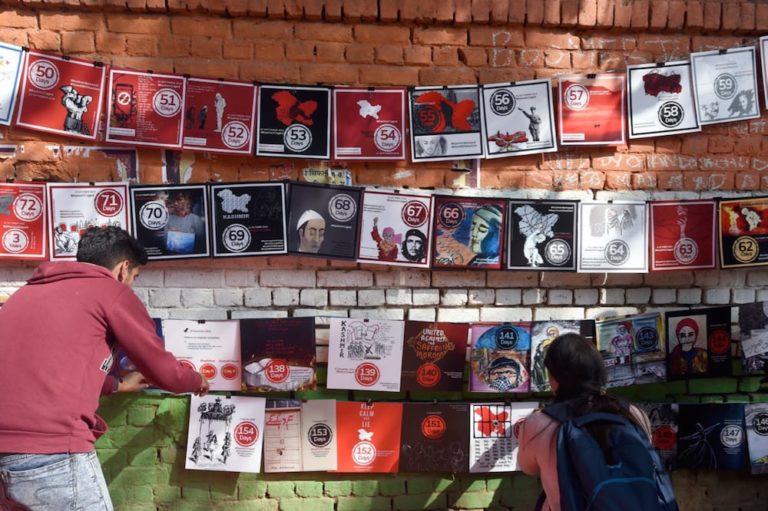
Civil society groups urge government to restore high-speed internet in Jammu and Kashmir
The letter signed by 27 groups, including several IFEX members, emphasized that the communication restrictions have already caused immense damage to the citizens of Jammu and Kashmir.

‘Locked’ cartoon strip shows impact of Kashmir’s autonomy loss and internet shutdown
This cartoon strip by Suhail Naqshbandi is published by Cartoonists Rights Network International a year after the repeal of Article 370 in Jammu and Kashmir, and also the shutdown of the internet in the region.
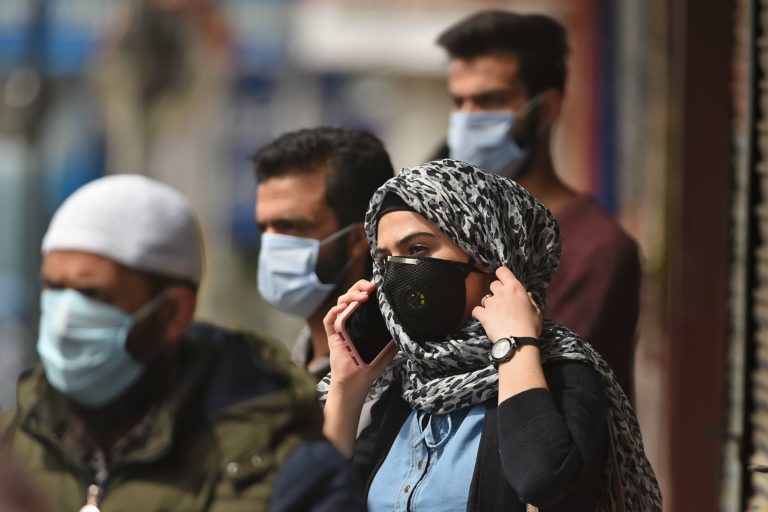
Eight months and counting: the world’s longest communications shutdown in Kashmir must end
April 5 will be 245 days since 4G mobile internet was suspended in Indian-administered Jammu and Kashmir, causing immense hardship and disruption of civilian life as well as violating the public’s right to access information.
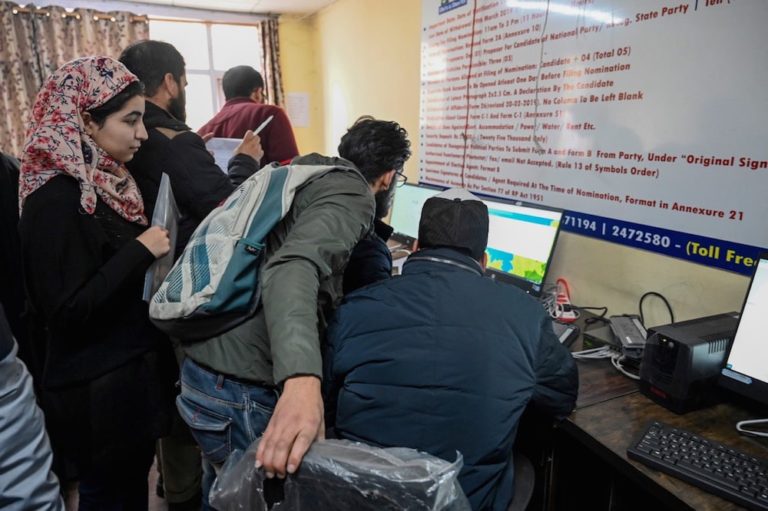
India’s Supreme Court orders review of Kashmir internet shutdown
The Court also emphasized the need for transparency and has mandated that shutdown orders need to be published.
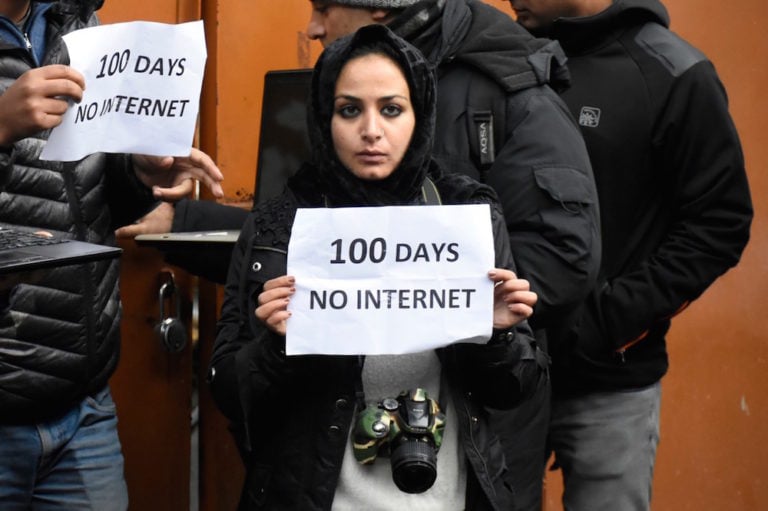
RSF breaks the silence forced on journalists in Indian-administered Kashmir
Local journalists narrate the work challenges they faced when Indian authorities imposed a communications blackout in the Kashmir region.

India uses opaque legal process to suppress Kashmiri journalism, commentary on Twitter
A study of how the Indian government censors Kashmiri journalism and the role of Twitter in restricting access to information.

A call to restore freedom of expression and all civil, political and economic rights of Kashmiris by organisations worldwide
The ongoing suspension of human rights and no access to basic needs, including food, health and security in Jammu and Kashmir is a growing cause of concern for numerous organisations around the world.